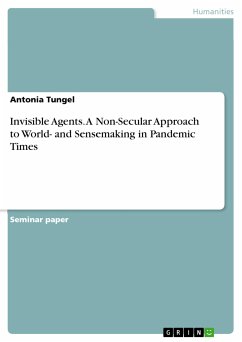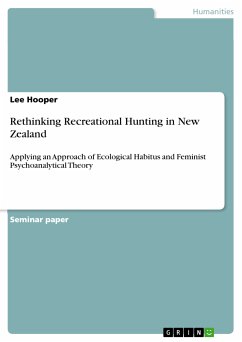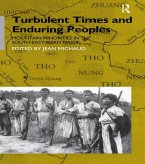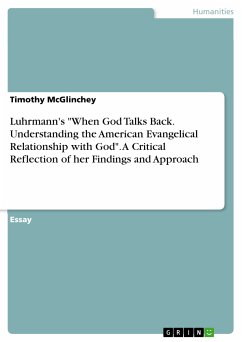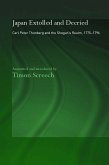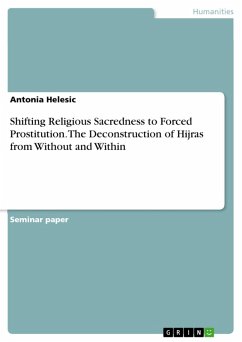Seminar paper from the year 2022 in the subject Ethnology / Cultural Anthropology, grade: 1,0, University of Freiburg (Institut für Ethnologie), language: English, abstract: Based on the topic of human-environment relation, I am going to delve into the question of who is subjectively identified as a 'supernatural agent' and what type and scope of agency is attributed. In the context of the seminar that also asks about the connection to COVID-related healing practices, I will then link the concept of supernatural agency with phenomena of health. Thereupon I want to present the methods and findings of my research following the guideline question: How do religious actors in Germany and Indonesia connect their belief with medical action against the Covid-19 pandemic?, focusing on Christian actors in Germany. Toward the end of 2019, a tiny entity given the name SARS-CoV-2, overpowered the world with a relentless ferocity that sharply exposed the vulnerability of modern human civilization. A belief in the superiority of our species, in the progressiveness of modern social systems, in the achievements in technology and medicine, could not save us from the power of "one of nature's most miniscule members". With the ongoing spread and unpredictable mutation of the COVID-19 virus, a global war has been declared on something biologically not even classified as a living being, and states mobilize all resources to regain control. This 'invisible agent' challenges our personal lives and state action just as much as the postulated separation between humanity and 'nature'. Not only must we acknowledge the virus as a more-than-human global actor in contrast to humans as being the only forceful agents "acting upon a passive world", its assumed origin in zoonosis also marks a point of fusion between human and non-human realms, and therefore can be seen as a reinforcement of entanglement that transcends nature/culture dichotomy.
Dieser Download kann aus rechtlichen Gründen nur mit Rechnungsadresse in A, B, BG, CY, CZ, D, DK, EW, E, FIN, F, GR, HR, H, IRL, I, LT, L, LR, M, NL, PL, P, R, S, SLO, SK ausgeliefert werden.

